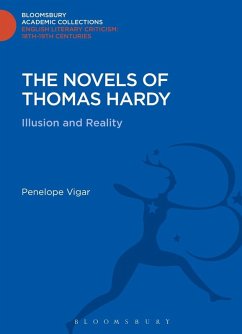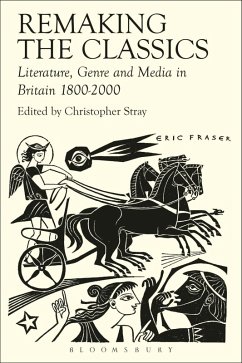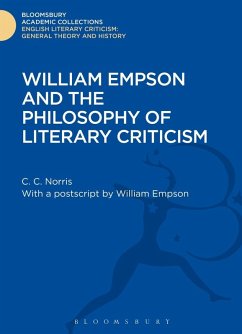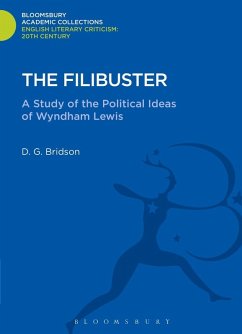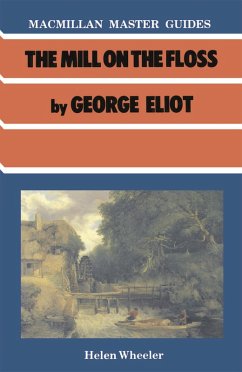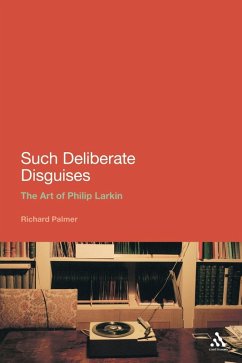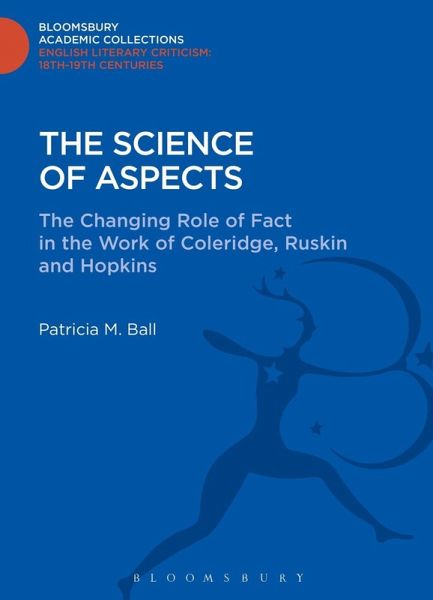
The Science of Aspects (eBook, PDF)
The Changing Role of Fact in the Work of Coleridge, Ruskin and Hopkins
Versandkostenfrei!
Sofort per Download lieferbar
116,95 €
inkl. MwSt.
Weitere Ausgaben:

PAYBACK Punkte
58 °P sammeln!
'There is a science of the aspects of things, as well as of their nature' - if this dictum of Ruskin is central to his aims in Modern Painters it points also to the remarkable affinity of creative effort to record and to interpret the natural world that links him with Coleridge at the beginning and with Hopkins in the latter half of the nineteenth century. But the three writers stand in no simple relation of mere sequence and in this essay, which continues the exploration of the Romantic and Victorian imagination begun in her previous book, The Central Self, Dr Ball follows the complex interre...
'There is a science of the aspects of things, as well as of their nature' - if this dictum of Ruskin is central to his aims in Modern Painters it points also to the remarkable affinity of creative effort to record and to interpret the natural world that links him with Coleridge at the beginning and with Hopkins in the latter half of the nineteenth century. But the three writers stand in no simple relation of mere sequence and in this essay, which continues the exploration of the Romantic and Victorian imagination begun in her previous book, The Central Self, Dr Ball follows the complex interrelationships, clash and resolution of ideas by which a profound shift in nineteenth-century creative vision was effected.
The notebooks and diaries of the three writers together with the literary work that grew out of or paralleled this material form the foundation for this illuminating essay, but Dr Ball's enquiry is necessarily wide-ranging and branches into such wider questions as the whole critical theory of the pathetic fallacy and the influence on Coleridge, Ruskin and Hopkins of contemporary science and the visual arts.
The notebooks and diaries of the three writers together with the literary work that grew out of or paralleled this material form the foundation for this illuminating essay, but Dr Ball's enquiry is necessarily wide-ranging and branches into such wider questions as the whole critical theory of the pathetic fallacy and the influence on Coleridge, Ruskin and Hopkins of contemporary science and the visual arts.




